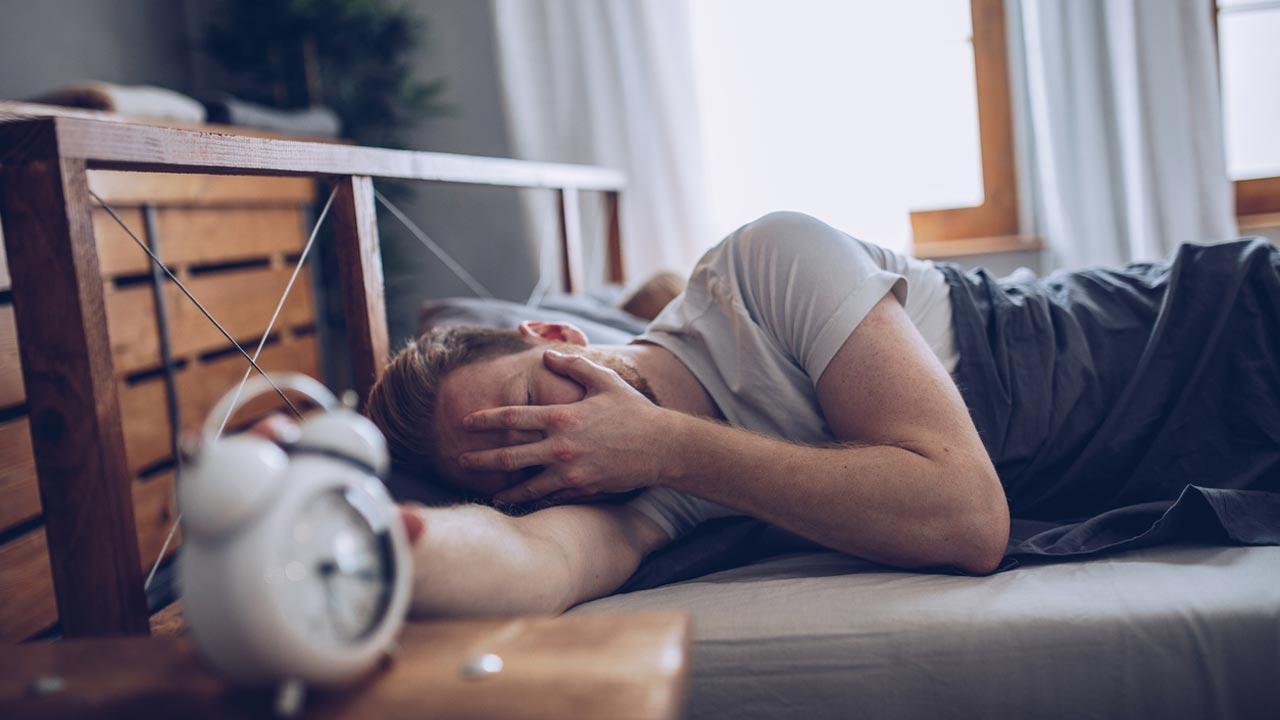People who report sleeping the most are in Eastern European countries such as Albania, Slovakia, Romania and the Czech Republic, reporting 20-40 minutes extra sleep per night and the least in South East Asian countries including the Philippines, Malaysia and Indonesia

Representation pic
People sleep less in mid-adulthood than they do in early and late adulthood, finds a new study. The researchers said the decline in sleep during mid-life may be due to demands of childcare and working life. Sleep duration declines in early adulthood until age 33, and then picks up again at age 53, according to the findings published in Nature Communications.
ADVERTISEMENT
Across the study sample, people sleep an average of 7.01 hours per night, with women sleeping 7.5 minutes longer than men on average. The study led by University College London, University of East Anglia and University of Lyon researchers involved 730,187 participants spread over 63 countries.
"Ours is the first large study to identify these three distinct phases across the life course. We found that across the globe, people sleep less during mid-adulthood, but average sleep duration varies between regions and between countries," explained Professor Hugo Spiers from University College London's Psychology and Language Sciences department.
People who report sleeping the most are in Eastern European countries such as Albania, Slovakia, Romania and the Czech Republic, reporting 20-40 minutes extra sleep per night and the least in South East Asian countries including the Philippines, Malaysia and Indonesia. People in the UK reported sleeping slightly less than the average. People tended to sleep a bit less in countries closer to the equator.
The researchers found that navigational ability was unaffected by sleep duration for most of the sample, except for among older adults (aged 54-70) whose optimal sleep duration was seven hours, although they caution that the findings among older adults might be impacted by underlying health conditions.
Also Read: Now, a hotel that's snore-proof
This story has been sourced from a third party syndicated feed, agencies. Mid-day accepts no responsibility or liability for its dependability, trustworthiness, reliability and data of the text. Mid-day management/mid-day.com reserves the sole right to alter, delete or remove (without notice) the content in its absolute discretion for any reason whatsoever
 Subscribe today by clicking the link and stay updated with the latest news!" Click here!
Subscribe today by clicking the link and stay updated with the latest news!" Click here!







